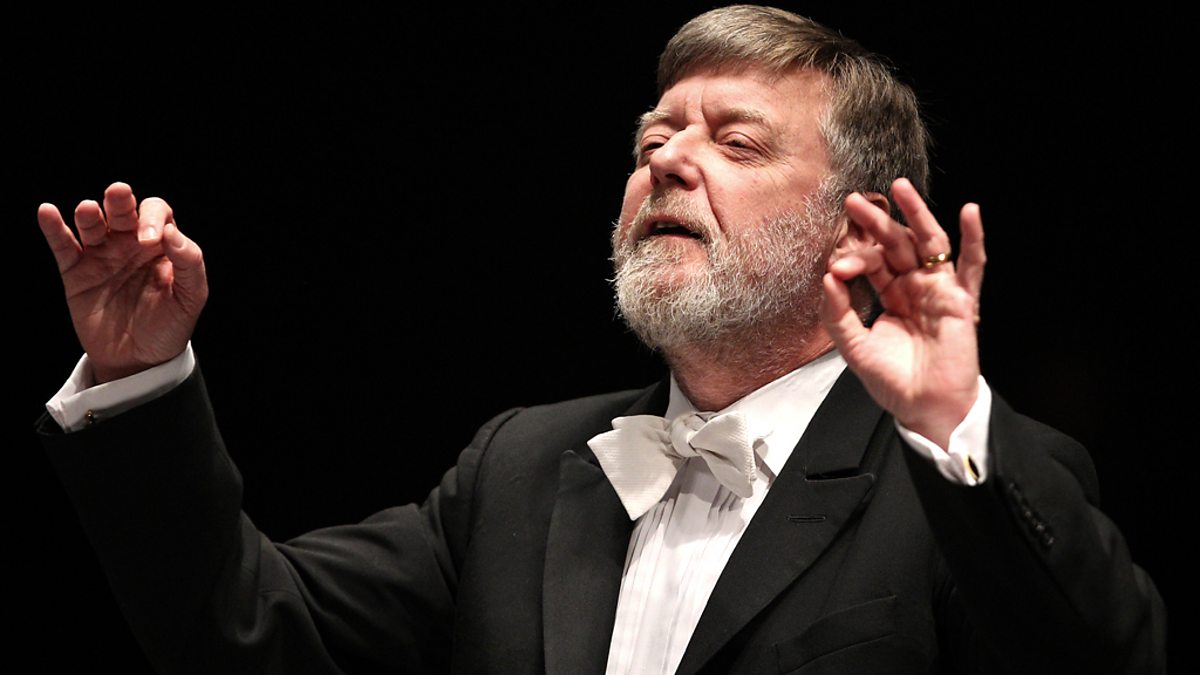I enjoyed the opera, the first time I had heard it complete (previously I had heard the Ritual Dances and some excerpts) and love some of the orchestration. I agree with what some others have said about preferring Tippett's earlier work. The interval talk about the work was interesting. I wonder whether Tippett's decision to take T S Eliot's advice about writing his own opera librettos was wise; perhaps he could have benefited from a sympathetic librettist who could have absorbed the ideas Tippett wanted to incorporate and provide something more coherent (at least the plot sounded as though it had taken the incoherence of the Magic Flute plot and multiplied it!) But as Mary said, perhaps it would help to see it staged.
I am now interested in exploring the Colin Davis recording of the work.
I am now interested in exploring the Colin Davis recording of the work.
 Still, I did manage to hear the work once live, in a semi-staged performance at the St Endellion Festival. Only slight problem there was that their Jenifer went sick at the last minute, no substitute could be found, so her role was sung an octave down (maybe two in places?) by the tenor chorus master, who also conducted the somewhat complex chorus-writing in places
Still, I did manage to hear the work once live, in a semi-staged performance at the St Endellion Festival. Only slight problem there was that their Jenifer went sick at the last minute, no substitute could be found, so her role was sung an octave down (maybe two in places?) by the tenor chorus master, who also conducted the somewhat complex chorus-writing in places




Comment